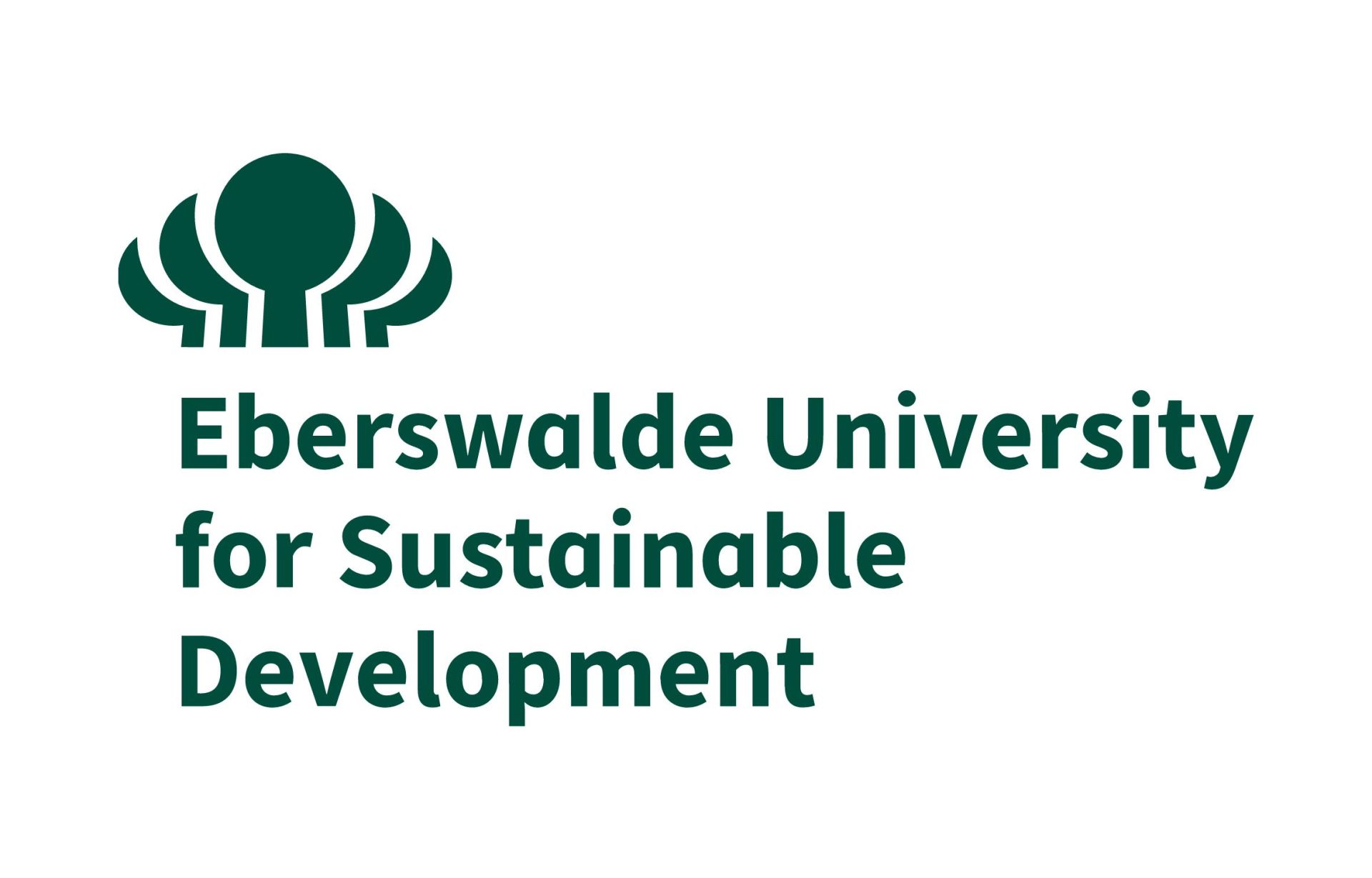PARSCO
Participatory Strategy Development for Sustainable Biomass Production
This guide provides a structured methodology for developing and critically assessing strategies for sustainable food and biomass production through a participatory and systemic approach. It responds to the limitations of mainstream policies and strategies in agriculture and bioeconomy, which often prioritize technological solutions and lack bottom-up engagement of local stakeholders in knowledge-building and decision-making.
The PARSCO methodology presented in this guidebook is an adaptation of the MARISCO toolbox (Adaptive MAnagement of vulnerability and RISk at COnservation sites) developed at the Centre for Econics and Ecosystem Management. It has been tailored to assess and improve food and biomass production systems based on local knowledge, diverse stakeholder perspectives, and a systemic situation analysis using knowledge mapping and multi-criteria analysis tools. PARSCO is a landscape-based method primarily designed for application in local or regional settings, involving a series of participatory workshops with local stakeholders. It was developed over a period of five years at Eberswalde University for Sustainable Development and tested in workshops with smallholder farmers and other local actors in rural Kazakhstan, Tajikistan, and Pakistan.
The guidebook serves as a step-by-step manual for practitioners, planners, and transdisciplinary researchers applying PARSCO in project planning, policy evaluation, and sustainable land management. It emphasizes the importance of systemic thinking—understanding the interconnectedness and complex dynamics of social-ecological systems—and participatory decision-making to ensure inclusive, effective, and context-specific solutions. As a standalone guidebook, it can also be used as a complementary resource to existing MARISCO guides by offering more detailed guidance on the facilitation of participatory processes.
